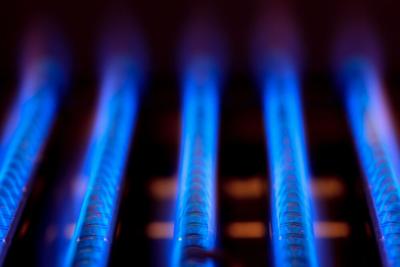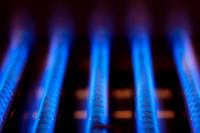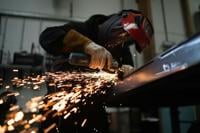(The Center Square) – A new report from an Illinois advocacy group shows damaging methane gas pipeline leaks occur every 40 hours in the U.S.
The Public Interest Research Group, or PIRG, reports between 2010 through nearly the end of 2021, almost 2,600 gas pipeline incidents occurred that were serious enough to require reporting to the federal government. Of those, 850 of the incidents resulted in fires and 328 in an explosion.
The total costs to communities from things such as property damage, emergency services, and the value of intentionally and unintentionally released gas totaled nearly $4 billion.
“There is a growing body of evidence that piping methane into your home is not only a safety risk but a health risk,” Illinois PIRG Director Abe Scarrsaid. “House explosions and leaking pipelines aren’t isolated incidents – they’re the result of an energy system that pipes dangerous, explosive gas across the country and through our neighborhoods.”
The report asserts many pipeline replacement programs, such as the Peoples Gas pipe replacement program in Illinois, are failing to meaningfully reduce leak rates despite spending billions of dollars – and hiking customer bills – to do so.
“We definitely think there is some value in spending money to actually address these problems but we’ve seen here in Illinois that these problems persist even though the gas utilities are spending literally billions on their systems,” Scarr said.
A spokesman for Peoples Gas issued a statement regarding the pipe replacement program.
“Any claim that the Safety Modernization Program is not meaningfully stopping leaks in Chicago’s pipelines is provably false," the statement said. "Our work last year replacing corroding pipes from as far back as the 1800s is preventing an estimated 250 metric tons of methane from leaking into the atmosphere – the greenhouse gas equivalent of 15.5 million miles driven by the average gasoline-powered passenger car."
Peoples Gas also said their modernization program is positioning Chicago for a "clean energy future."
"This includes the very promising potential use of renewable natural gas and hydrogen to heat homes and drive the economy,” the statement read. "These could be delivered through the modernized system we are now installing – the same work that is stopping leaks."
The PIRG report recommends that Illinois stop relying on methane gas for home heating. Instead, policy makers should incentivize and accelerate the transition to all-electric buildings and renewable sources of energy.
“When rooftop solar panels can power an induction cooktop or electric heat pump, it becomes increasingly unacceptable to saddle society with the risks associated with pumping methane into our homes and throughout our communities,” Scarr said.









